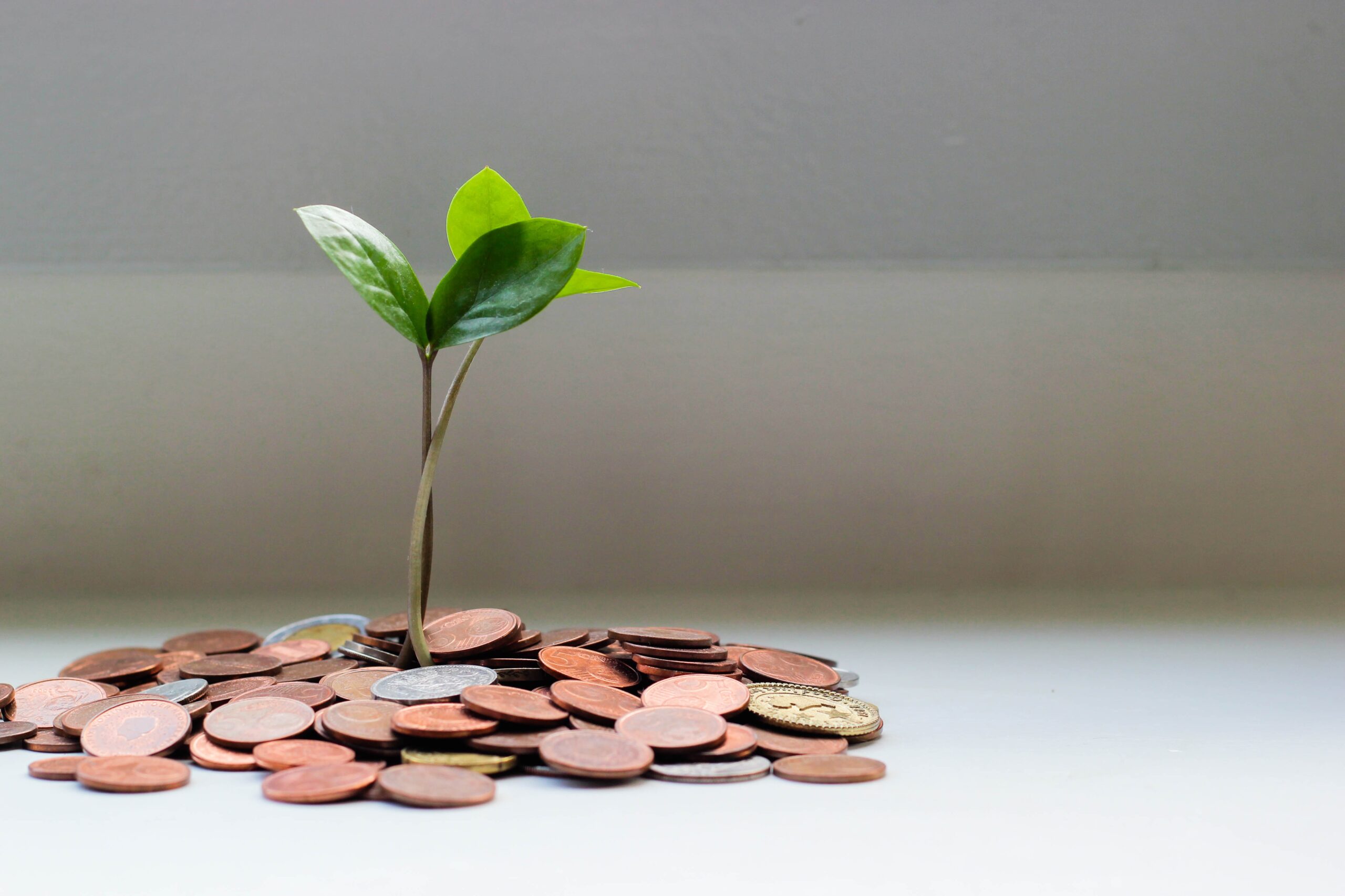
Senegal’s President Macky Sall bucked the current African anti-democratic trend when he announced that he will not stand for a third term in the upcoming presidential election, but rather stand down, asking his government to ensure free and fair elections on 25 February 2024.
In a region rife with coups and entrenched leaders who refuse to leave, his decision was praised by the international community, including the US Secretary of State, the African Union and the French foreign ministry as evidence of the country’s commitment to democracy.
His stance inspires hope that Senegal might lead the way in reversing the worrying path many African countries appear to be on. His legacy is not limited, however, to further boosting Senegal’s already solid democratic credentials by paving the way for a smooth transition of power. He is also recognised internationally for his economic achievements, with Senegal’s economy having grown steadily during his time in office, with annual GDP rising from $17 billion to $27 billion over the past ten years.
Macky Sall became President in 2012, promising to “break with the past”. His policies have focused on social justice, structural reforms and development projects, with a strong emphasis on supporting rural communities and safeguards for the poorest sections of the population.
He introduced the bourse familiale for 300,000 low-income people and recently increased it to help the most vulnerable in the cost-of-living crisis triggered by the war in Ukraine. He is also recognised as being supportive of the nation’s youth, with his government enabling the recruitment of young people, both skilled and unskilled, through the Xëyu ndaw ñi (“Let’s go”) programme. In 2021, a budget of 450 billion CFA francs (around 686 million euros) was allocated to solve the problem of youth employment.
Quality of life has also improved under Sall’s presidency. Electricity and drinking water has increased, including in rural areas, in partnership with UNDP. The country now benefits from an electrification rate of more than 70% nationwide and 85% in urban areas (compared with 56.5% in 2012) and a drinking water access rate of almost 95% (89.5% in 2012). This has resulted in the World Bank ranking Senegal among the best placed in sub-Saharan Africa. The expansion of horticulture and major investment in rice production has boosted agriculture.
Senegal’s growth rate has accelerated from an average of 2.9% over the 2005-2011 period to 5.3% between 2012 and 2023. President Sall’s Plan Sénégal émergent, or Emerging Senegal Plan (PSE) is credited by many international observers as a main driver of this growth. The country’s per capita income rose from $2,825 to $3,565 between 2012 and 2022. Senegal holds number-two position in French-speaking West Africa with a GDP of $27.4 bn for 17.4 million inhabitants in 2022, according to World Bank and IMF data. When President Sall departs this year, he leaves the country with an optimistic economic horizon, with growth forecast at 10.6% in 2024.
In an interview with Jeune Afrique, socio-economist Arame Gueye Sène explained that Senegal has flourished thanks to stable growth and investment in agriculture and infrastructure, despite the Covid-19 pandemic and the economic repercussions of the war in Ukraine. Many peers agree with her that the country’s economic strategy has been successful, particularly in terms of infrastructure and energy.
President Sall has overseen major infrastructure projects, including a new airport and town built on the outskirts of Dakar, as well as highways, express trains, a national stadium and a road link to neighbouring Mali. In particular, the regional express train (TER) is seen as a significant contributor to Senegal “moving up a gear”. Commencement of construction of the deepwater port of Ndayane on the Petite-Côte is also seen as a game-changer for the country, with Pape Sall, Citi’s director for West and Central Africa, explaining that it will “boost the logistics sector, create jobs outside Dakar, and better position Senegal in the port sector.”
President Sall has also had the environment at the heart of his economic policy. The country has been moving towards green energy since 2016, with the share of renewable energy (solar and wind) in national electricity production rising from 0.6% in 2015 to 20% in 2021, rising to 30% in 2023. Such progress has required strong political commitment, the ability to attract private investment and good regulatory frameworks.
President Sall’s legacy will not only be the ultimate commitment to democracy, as demonstrated by a willingness to step down and do all he can to ensure a smooth transition via a free and fair election. He also leaves his country in much better economic shape than he found it, and it is to be hoped that his successor will help the country capitalise on the economic opportunity that lies ahead for Senegal.
Read more:
President Macky Sall leaves Senegal’s economy flourishing, despite Covid and Ukraine war challenges during tenure






